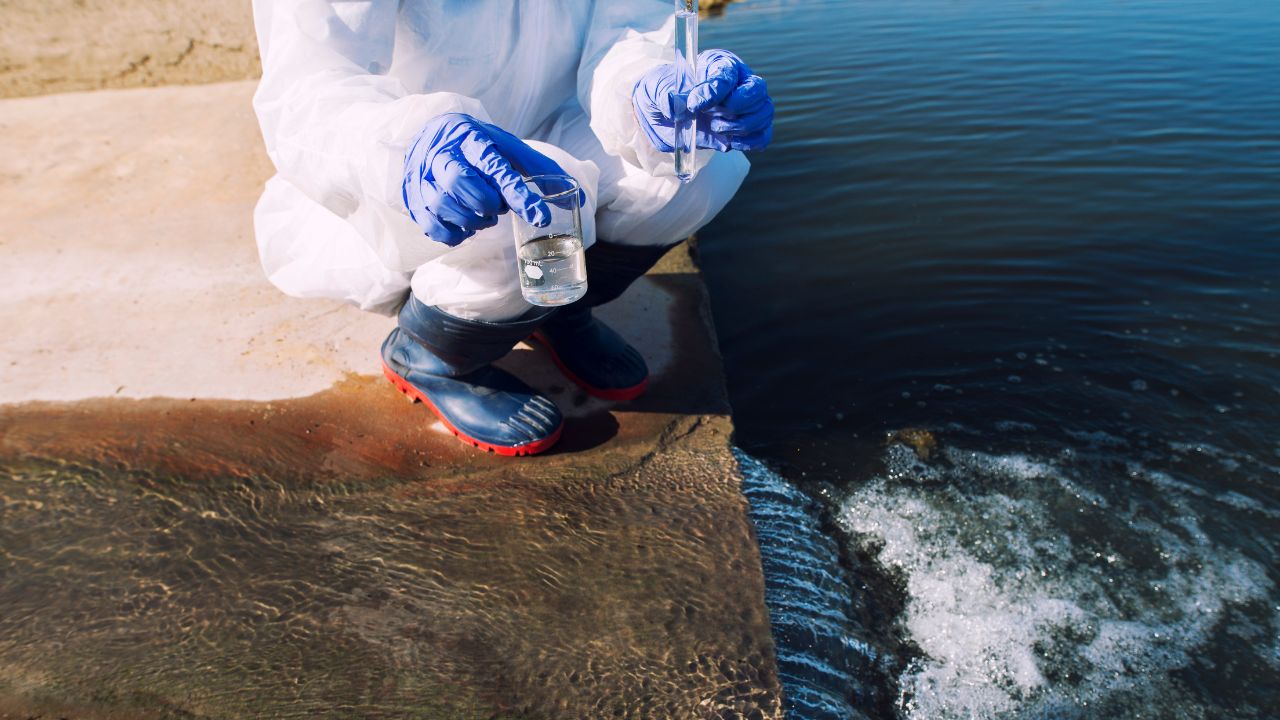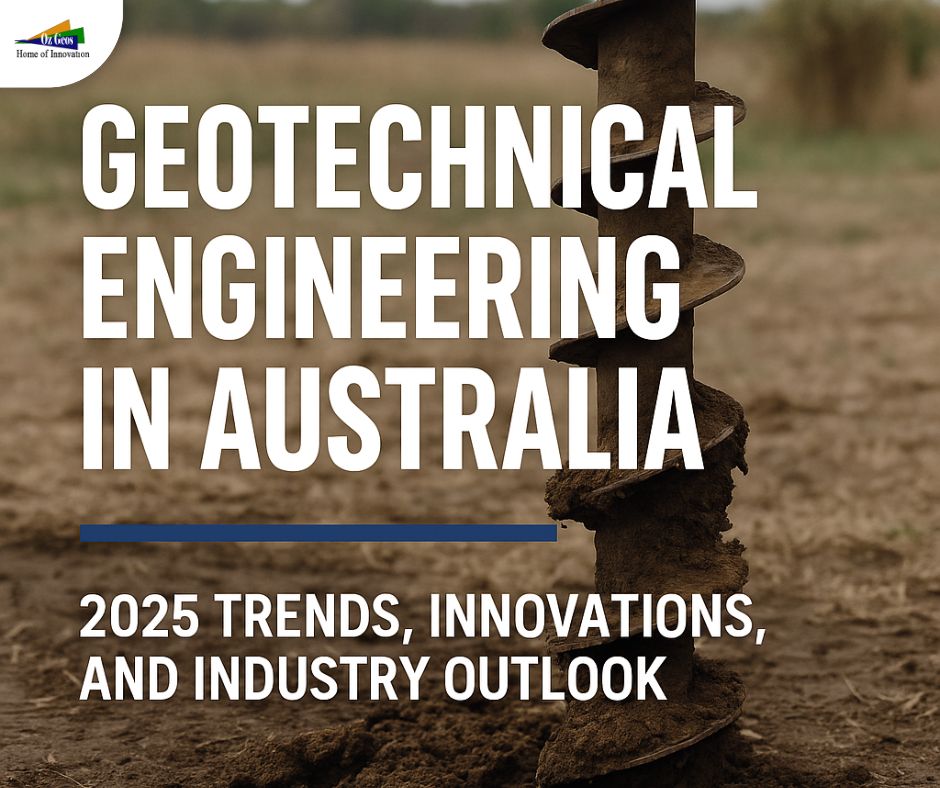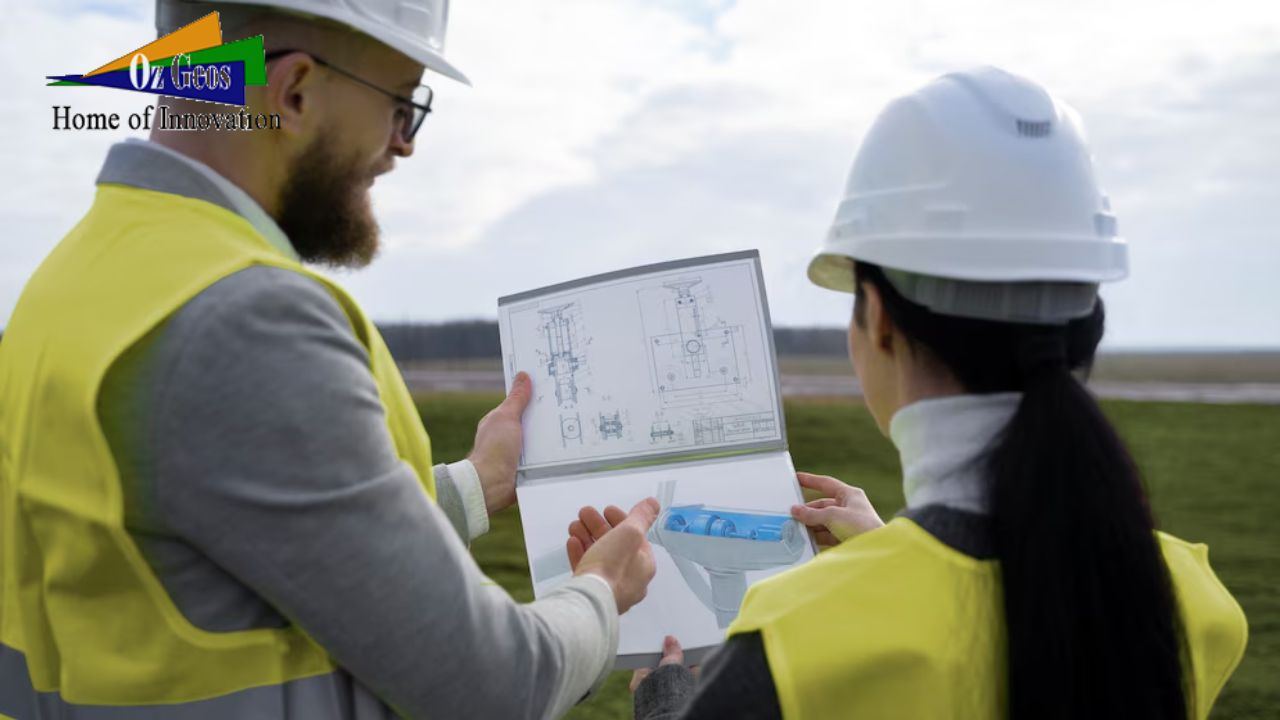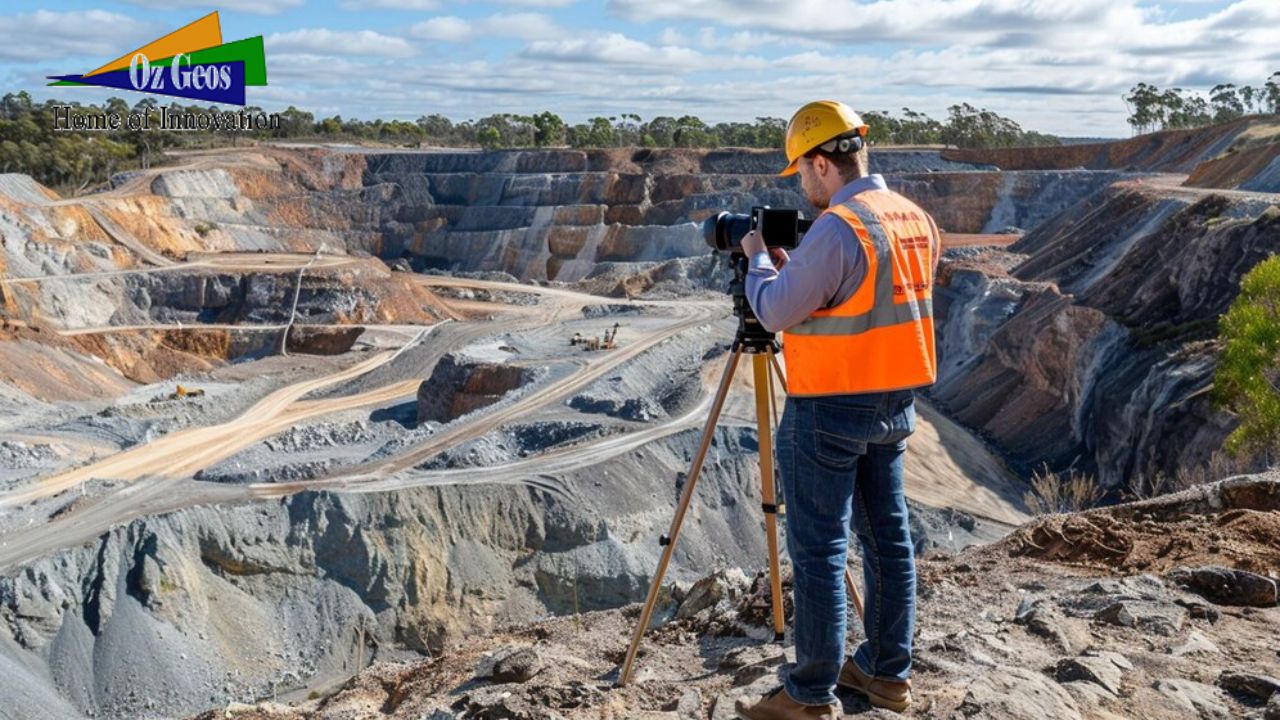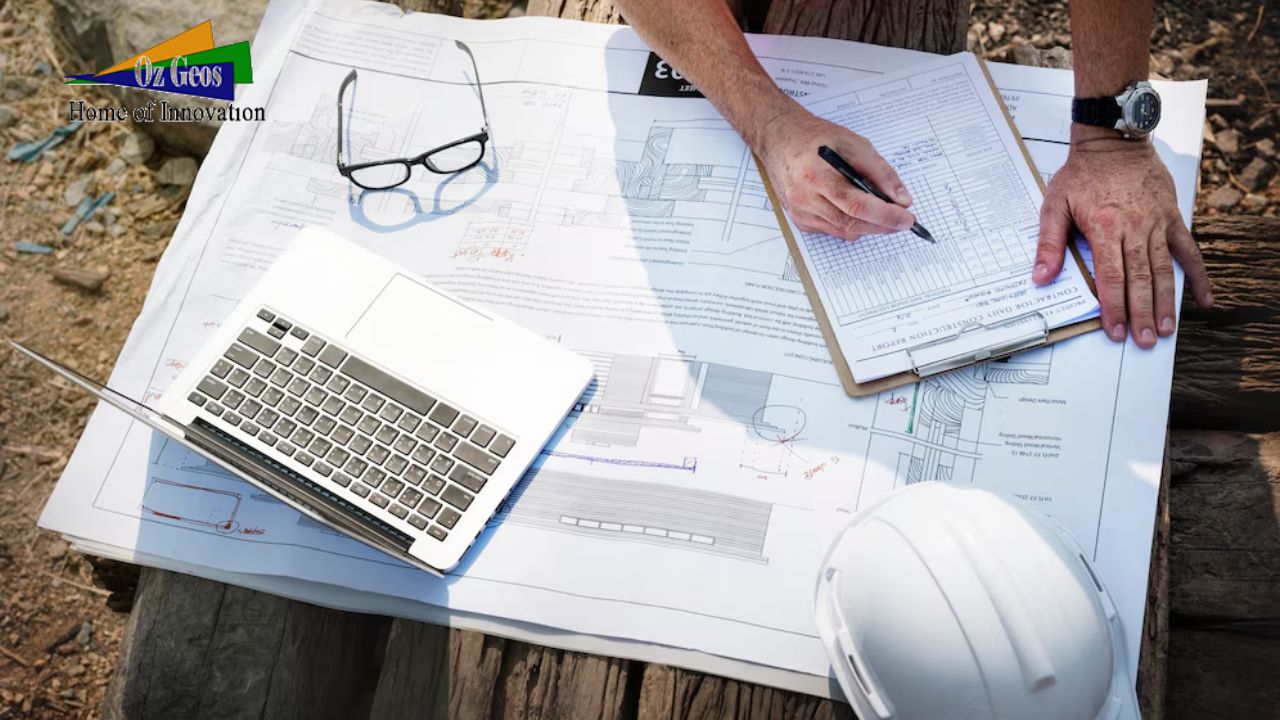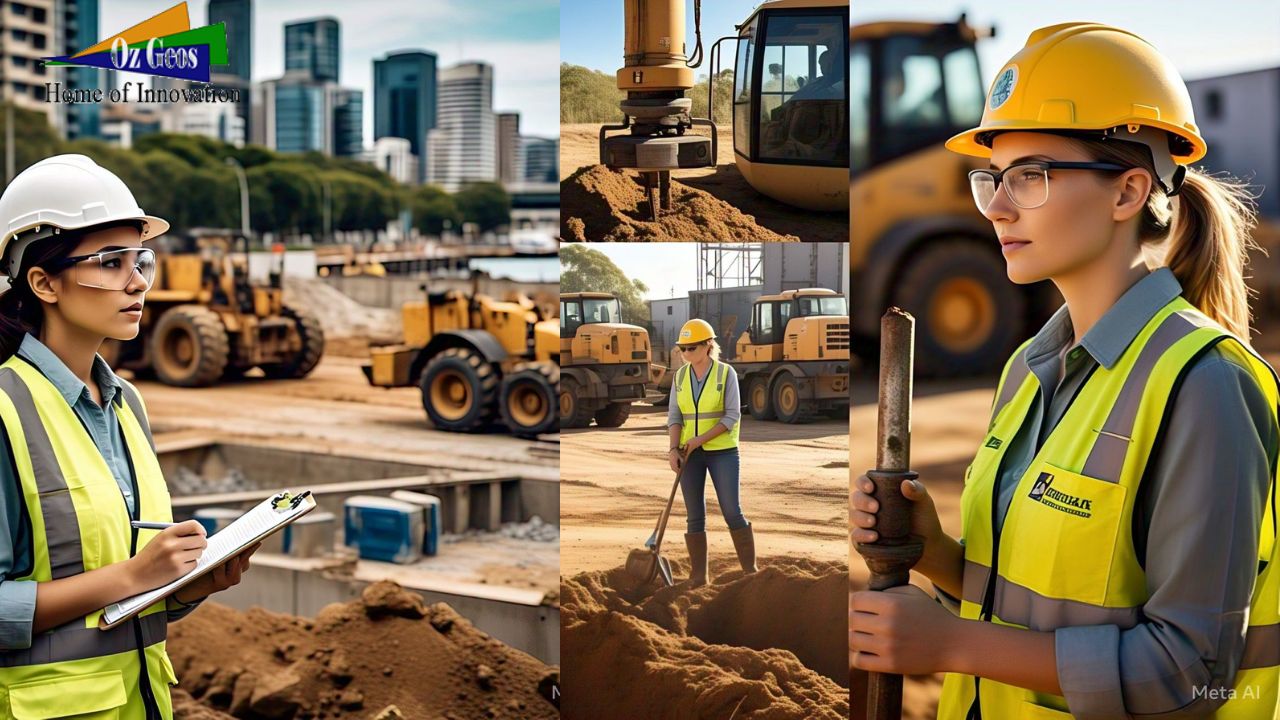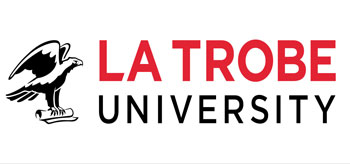Groundwater Investigation: Unraveling the Depths Beneath Melbourne
Groundwater is a vital resource that plays a significant role in sustaining life and ecosystems. In Melbourne, where water scarcity and environmental concerns are pressing issues, groundwater investigation holds immense importance. This article delves into the methods, challenges, and significance of groundwater investigation in Melbourne, shedding light on its critical role in ensuring water security and environmental sustainability.
Introduction to Groundwater Investigation
Groundwater, often referred to as the hidden treasure beneath our feet, is water stored underground in porous rock formations called aquifers. In Melbourne, the reliance on groundwater for various purposes, including drinking water supply, irrigation, and industrial processes, highlights the need for thorough investigation and management of this resource.
Methods of Groundwater Investigation
- Hydrogeological Studies
Hydrogeological studies involve assessing the geological characteristics of an area to understand the movement and storage of groundwater. Hydrogeologists can identify potential groundwater resources and their sustainability by analyzing factors such as soil composition, permeability, and hydraulic conductivity.
- Geophysical Methods
Geophysical methods, such as electrical resistivity imaging and seismic surveys, provide valuable insights into subsurface structures and groundwater distribution. These techniques utilize principles of physics to map underground features and identify potential aquifers without the need for invasive drilling.
- Borehole Drilling
Borehole drilling is a direct method of groundwater investigation that involves drilling wells into the ground to extract samples and measure water levels. This technique provides precise data on aquifer characteristics, water quality, and recharge rates, facilitating informed decision-making in water resource management.
Groundwater Quality Assessment
Ensuring the quality of groundwater is essential for safeguarding public health and environmental integrity. Groundwater quality assessment involves conducting chemical analyses and contaminant testing to identify potential sources of pollution and assess the suitability of groundwater for various uses.
Role of Technology in Groundwater Investigation
- Remote Sensing Techniques
Remote sensing techniques, such as satellite imagery and aerial photography, offer valuable tools for mapping surface water bodies and detecting changes in land use that may impact groundwater recharge and quality.
- GIS Mapping
Geographic Information Systems (GIS) allow for the integration and analysis of spatial data related to groundwater resources, facilitating the identification of vulnerable areas, monitoring of groundwater levels, and development of management strategies.
- Ground-penetrating radar (GPR)
Ground-penetrating radar (GPR) is a non-invasive geophysical method that uses radar pulses to image subsurface structures. GPR can detect changes in soil composition and identify potential groundwater pathways, making it a valuable tool for groundwater exploration and characterization.
Challenges in Groundwater Investigation
Despite its importance, groundwater investigation faces several challenges that hinder effective management and conservation efforts.
- Limited Access to Data
Access to comprehensive and up-to-date data on groundwater resources can be limited, making it challenging to accurately assess groundwater availability and quality.
- Contamination Risks
The risk of groundwater contamination from industrial activities, urban development, and agricultural practices poses a significant threat to water security and environmental health.
- Cost Implications
Groundwater investigation and management require substantial financial resources, including funding for equipment, research, and infrastructure development, which may pose challenges for government agencies and organizations.
Importance of Groundwater Investigation in Melbourne
Groundwater investigation plays a crucial role in addressing the water needs of Melbourne’s growing population and supporting sustainable development across various sectors.
- Urban Development
As Melbourne continues to expand, the demand for water resources for urban development, including drinking water supply, sanitation, and recreational activities, underscores the importance of understanding and managing groundwater resources effectively.
- Environmental Sustainability
Preserving the ecological balance of groundwater-dependent ecosystems, such as wetlands and rivers, is essential for maintaining biodiversity and supporting the overall health of the environment.
- Agriculture and Industry
Groundwater serves as a vital source of irrigation water for agriculture and plays a crucial role in supporting industrial activities such as manufacturing, mining, and energy production.
Case Studies of Groundwater Investigation Projects in Melbourne
Several successful groundwater investigation projects have been undertaken in Melbourne, showcasing innovative approaches to resource management and environmental protection.
Success Stories
The Melbourne Groundwater Replenishment Project has demonstrated the feasibility of treating wastewater to produce high-quality groundwater for potable use, reducing reliance on traditional water sources.
Challenges Faced and Overcome
The Western Port Groundwater Investigation faced challenges related to saline intrusion and contamination from industrial activities, highlighting the importance of proactive monitoring and management measures.
Future Trends in Groundwater Investigation
Advancements in technology and a growing emphasis on sustainability are shaping the future of groundwater investigation in Melbourne and beyond.
- Advancements in Technology
Innovations in data analytics, sensor technology, and modeling techniques are enhancing our ability to monitor and manage groundwater resources more effectively.
- Sustainable Practices
There is a growing recognition of the need to adopt sustainable practices in groundwater management, including groundwater recharge, rainwater harvesting, and pollution prevention measures.
- Community Involvement
Engaging local communities in groundwater management initiatives, such as citizen science projects and education programs, can foster greater awareness and stewardship of this valuable resource.
Conclusion
Groundwater investigation is essential for ensuring the sustainable management and conservation of this precious resource in Melbourne. By employing a combination of scientific methods, technological innovations, and community engagement, we can address the challenges and opportunities associated with groundwater management, safeguarding water security and environmental integrity for future generations.

